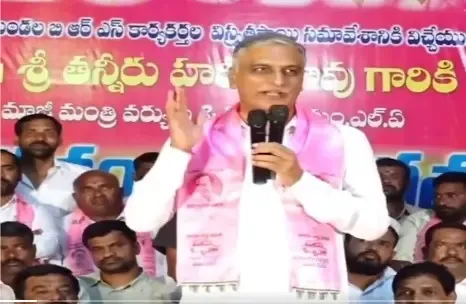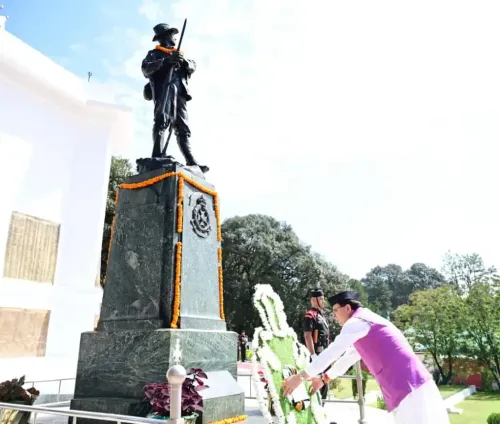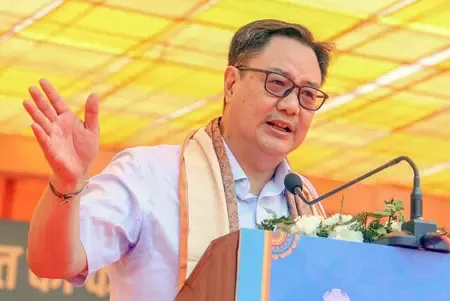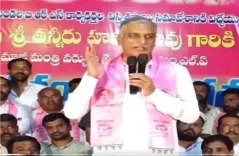Is Assam Government Spending Rs 325 Crore for Cashless Medical Treatment?
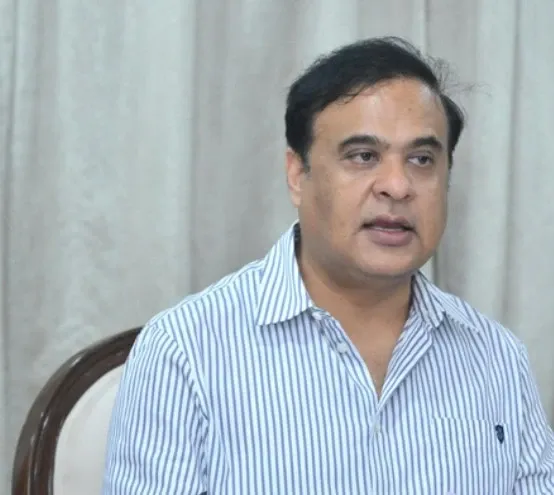
Synopsis
Key Takeaways
- Rs 325 crore allocated for cashless medical treatment.
- Part of the Mukhya Mantri Ayushman Asom Yojana.
- Efforts to improve renewable energy with a new 1,500 MW project.
- Amendments to construction laws support affordable housing.
- Focus on healthcare, power supply, and industrial growth.
Guwahati, Aug 14 (NationPress) Assam Chief Minister Himanta Biswa Sarma unveiled on Thursday that the state government plans to allocate a minimum of Rs 325 crore for the cashless medical treatment of underprivileged citizens, with the cabinet officially approving this initiative.
This program, known as the Mukhya Mantri Ayushman Asom Yojana, will receive an extra Rs 325 crore for the current financial year, following the cabinet's endorsement on Wednesday night led by CM Sarma.
In a related development for the energy sector, the Cabinet granted retroactive approval for the acquisition of 500 MW of electricity from the Ministry of Coal at a rate of Rs 5.79 per unit, aimed at providing consumers with affordable and dependable electricity.
To support renewable energy ambitions, the government has also authorized a 1,500 MW Pumped Storage Project in Karbi Anglong, which is anticipated to greatly enhance Assam's clean energy capabilities.
Furthermore, to improve the state's industrial landscape and simplify construction regulations, the Cabinet approved revisions to the Assam Unified Building Construction (Regulation) Byelaws, 2022. These modifications are designed to foster a better business environment, promote the development of green buildings, and allow smaller plots to benefit from the Transit-Oriented Development (TOD) Policy.
The revisions also aim to facilitate affordable housing initiatives for the Economically Weaker Section (EWS).
As part of the Mission Basundhara 3.0 initiative, the Cabinet sanctioned the reclassification of land in eight proposals across Dhubri and Biswanath districts. This reclassification will oversee changes and transfers in land use for non-agricultural purposes, streamlining development processes while adhering to state regulations.
Chief Minister Sarma characterized these decisions as measures towards ensuring quality healthcare for all, securing a consistent power supply, and accelerating industrial development.


